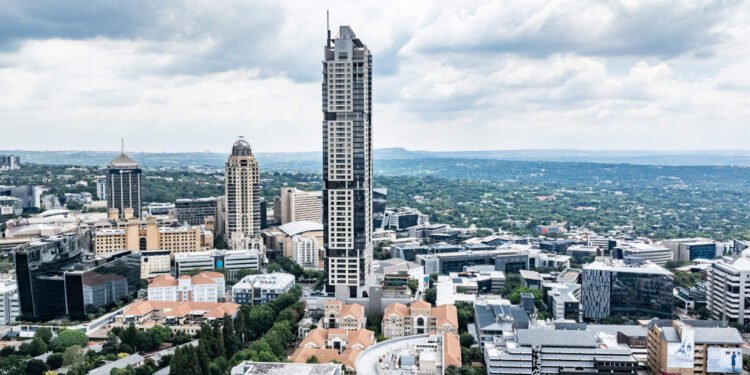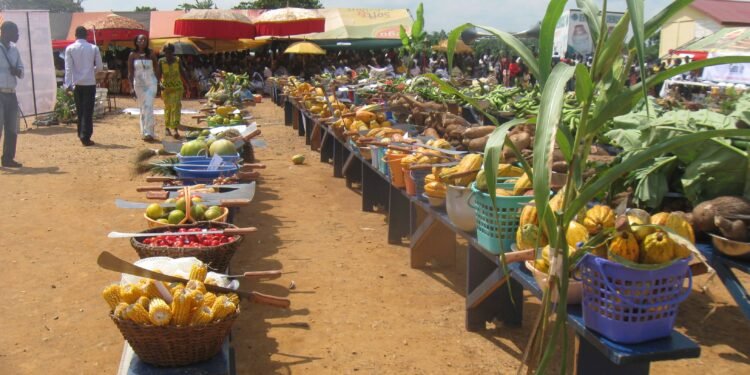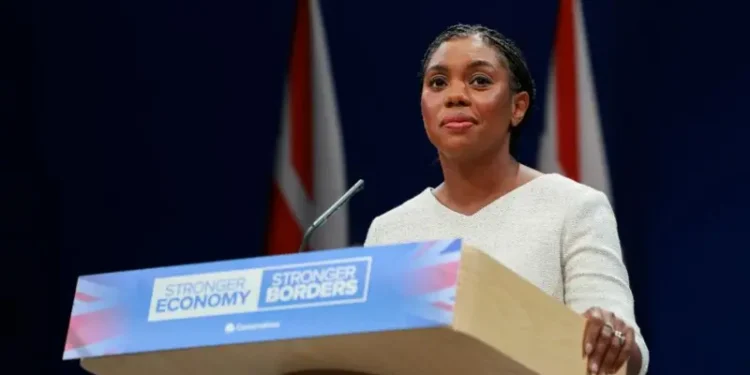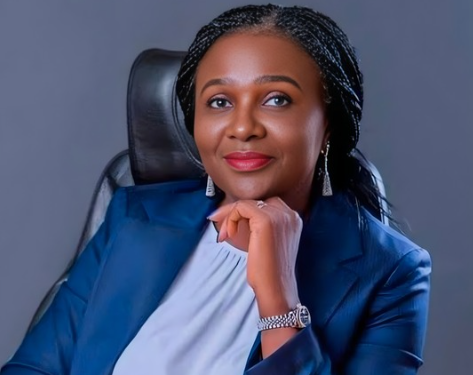Spotify has issued a rebuttal to Drake, a US rapper both through a public statement and official legal filings denying the existence of any economic incentive for the platform to Favor Kendrick Lamar’s “Not Like Us” over Drake’s own music.
They clarified that the only promotional activity undertaken for the song on Spotify was a €500 purchase of Marquee, a Spotify for Artists tool used for targeted visual advertising in France.
Spotify explicitly stated that Marquee ads are clearly disclosed to users as Sponsored Recommendations, ensuring transparency.
The ongoing dispute between Drake and Universal Music Group (UMG) and Spotify has escalated with Spotify officially firing back against allegations made by Drake that Kendrick Lamar’s hit track “Not Like Us” was artificially inflated on the streaming platform.
Drake, through his company Frozen Moments LLC, had previously accused UMG and Spotify of employing manipulative tactics, including the use of bots and undisclosed pay-for-play agreements, to boost the song’s streaming numbers and propel it to viral status.
Drake’s accusations were initially presented in a legal petition filed in New York.
The petition claimed that UMG orchestrated a campaign to saturate streaming services and radio airwaves with “Not Like Us,” specifically alleging the use of bots and pay-to-play agreements to artificially inflate the song’s popularity.
UMG had previously responded to Drake’s allegations, dismissing them as “offensive and untrue.” The record label asserted its commitment to the highest ethical standards in its marketing and promotional campaigns, emphasizing that fan engagement and genuine listening habits are the driving forces behind a song’s success.
Spotify’s formal response included the filing of opposition papers, comprising an Opposition Brief and an affirmation in support of the brief.

These documents, obtained by Music Business Worldwide (MBW), present Spotify’s legal counter-arguments. In the Opposition Brief, Spotify’s legal team argues for the complete dismissal of Drake’s petition.
A crucial component of Spotify’s defense is an affirmation provided by David Kaefer, VP, Head of Music and Audiobooks Business at Spotify USA. Kaefer directly addresses the core allegations made by Frozen Moments LLC.
He explicitly denies any arrangement between UMG and Spotify involving a 30% reduction in licensing fees for “Not Like Us” in exchange for preferential recommendations.
Kaefer’s affirmation firmly states that no such agreement ever existed, refuting Drake’s claim that Spotify was incentivized to promote the song through undisclosed financial arrangements.
Spotify’s internal investigation, however, found no evidence to support this claim. Kaefer asserts that Spotify’s systems did not detect any unusual or artificial streaming activity that would corroborate the podcast report.
Spotify’s commitment to combating artificial streaming is also highlighted in Kaefer’s affirmation. He details the platform’s substantial investments in both automated and manual review processes designed to prevent, detect, and mitigate the impact of artificial streaming activity.
The legal battle between Drake, UMG, and Spotify highlights the growing scrutiny surrounding streaming data and the methods used to promote music in the digital age.
The allegations of artificial inflation raise important questions about transparency, fairness, and the integrity of the streaming ecosystem.
Drake Hints at Upcoming Joint Album With PartyNextDoor
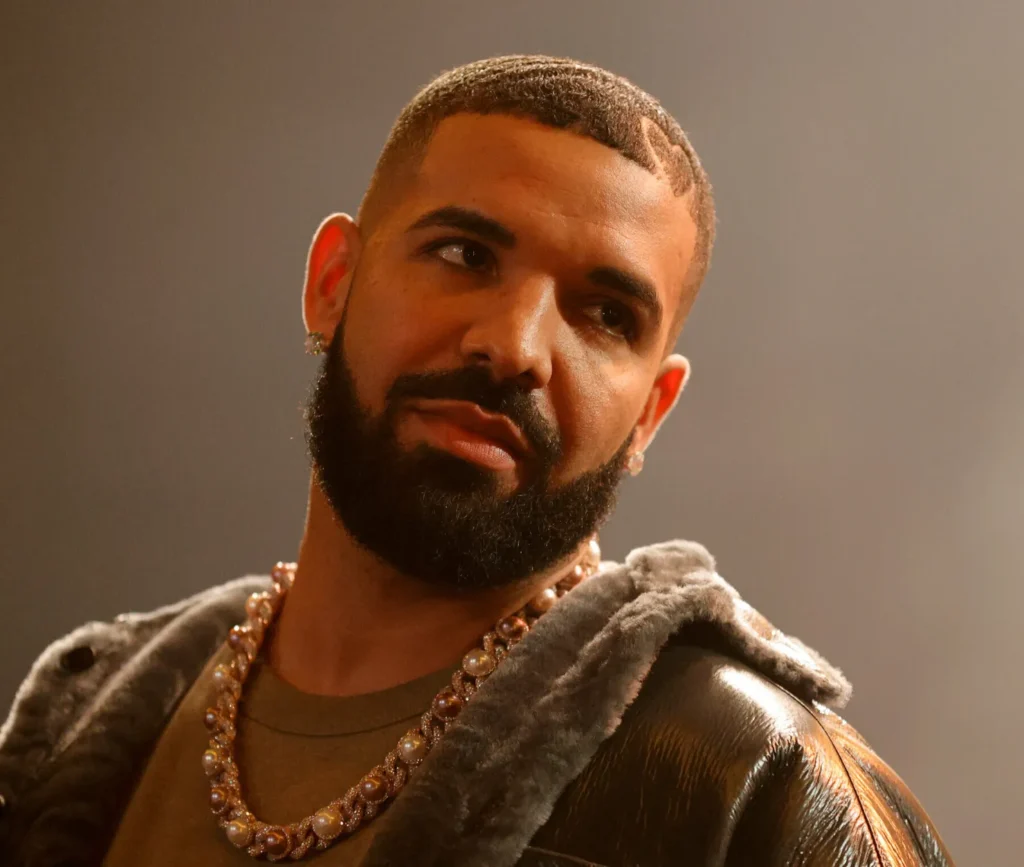
The landscape of R&B music stands on the precipice of transformation as Drake announces an ambitious joint album with PartyNextDoor, signaling a powerful return to the distinctive Toronto sound.
This collaboration, revealed during Drake’s DRIZZMAS livestream, represents more than a mere musical partnership – it embodies a cultural shift in contemporary R&B, promising to redefine the genre’s boundaries while paying homage to its roots.
The announcement has sent ripples through the music industry, highlighting the continuing evolution of Toronto’s influence on global music culture.
The relationship between Drake and PartyNextDoor extends far beyond traditional artist collaborations. Their musical synergy, cultivated through years of creative exchange, has significantly shaped the contemporary R&B landscape.
This latest venture arrives in the wake of PartyNextDoor’s fourth album release and subsequent nationwide tour, demonstrating both artists’ commitment to pushing artistic boundaries while maintaining their signature sound.
In preparation for this monumental release, Drake has demonstrated his artistic dedication by sharing an unprecedented 100GB collection of unreleased content with his audience.
This vast repository of creative work serves as a testament to his artistic evolution and sets the stage for the forthcoming collaboration’s ambitious scope. The project initially planned for a December 6 release, has been strategically postponed to ensure its optimal delivery to eager audiences.
The decision to delay the release demonstrates the artist’s commitment to quality over expedience.
The announcement, made during Drake’s DRIZZMAS livestream, showcased the artists’ understanding of modern fan engagement.
The collaboration’s announcement coincides with Drake’s preparations for the Anita Win Max Tour, scheduled to commence in February across Australia.
This international venture, featuring special guest appearances including streamer Adin Ross, represents a significant expansion of Drake’s global presence.
The tour’s announcement has generated considerable excitement among international fans, particularly following Drake’s nostalgic reflection on his first Australian tour experience.
This collaboration arrives at a crucial moment in R&B’s evolution, potentially establishing new benchmarks for artistic excellence and creative innovation.
The project’s significance extends beyond music, representing a cultural touchstone that resonates particularly strongly within the African American community, where both artists have cultivated devoted followings.
READ ALSO: Ghana’s Total Income for 2025 Projected at GHC 209.3bn, Dr. Kawor Examines











